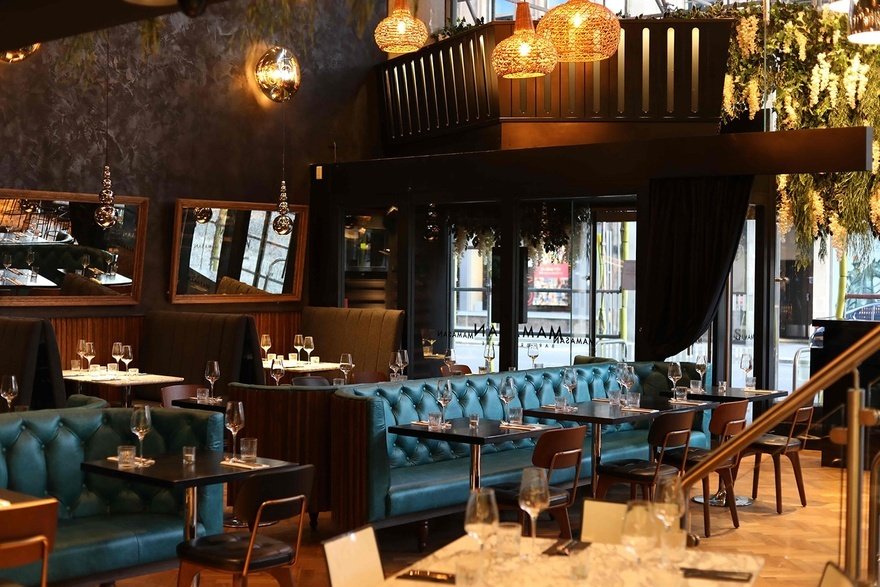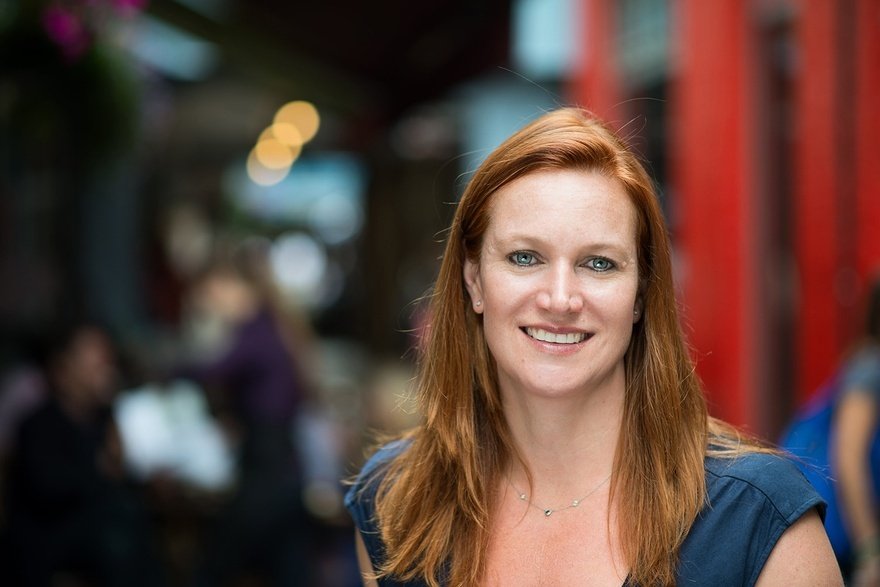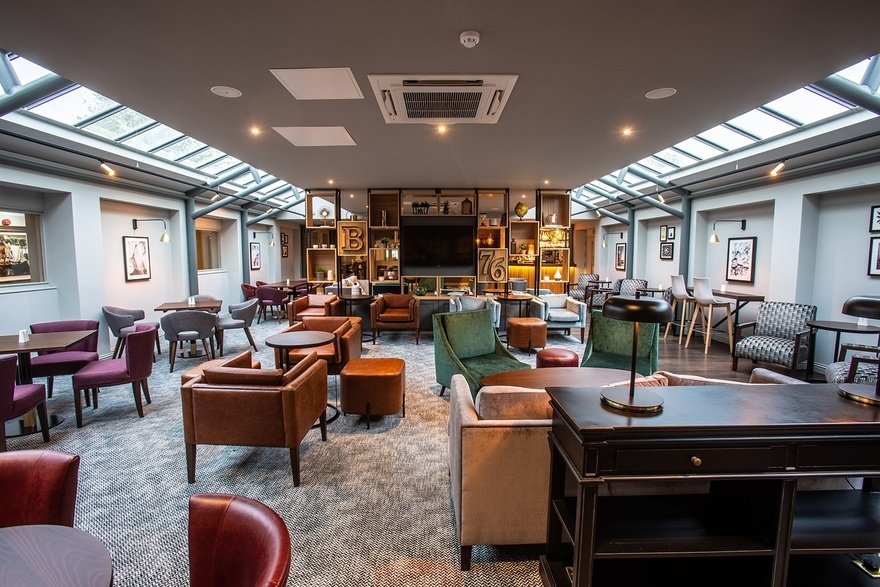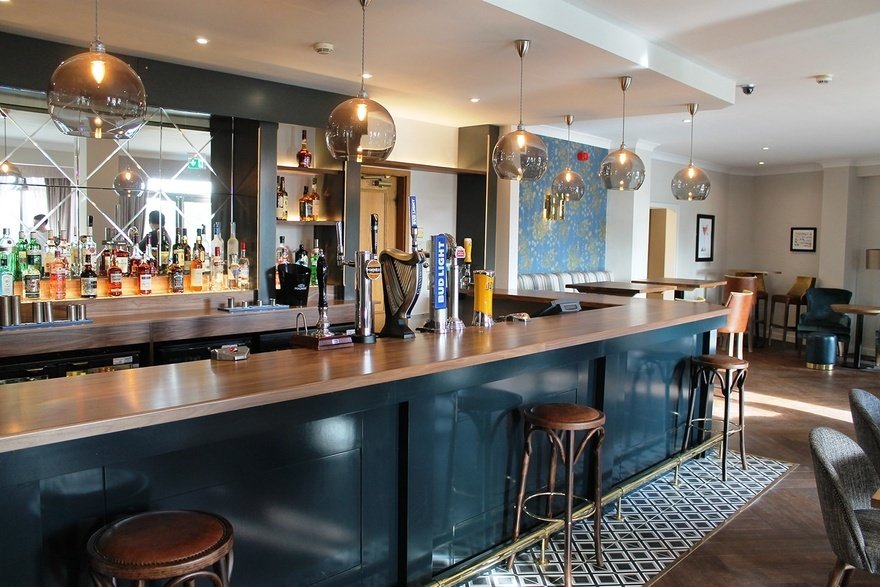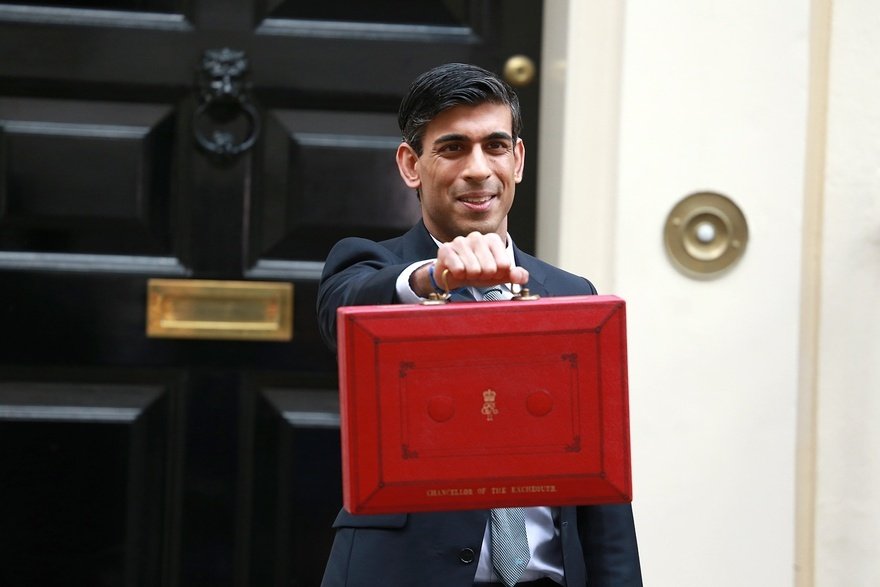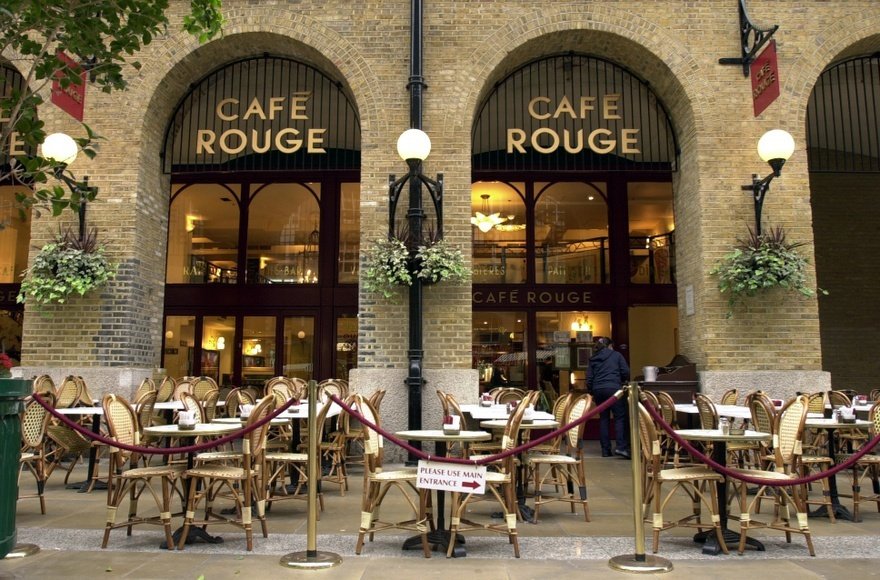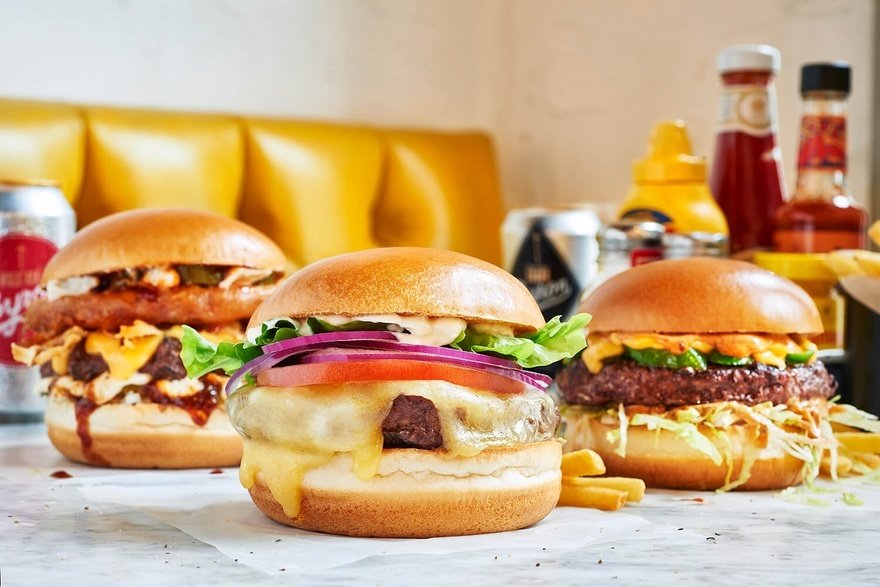The pandemic has caused chaos in the hospitality industry, but savvy operators may be looking to invest in distressed assets. Matthew Valentine discovers what the opportunities are in the restaurant and hotel markets.
It takes more than a global pandemic to dent the optimism of UK hospitality operators, with new players already emerging to grab opportunities afforded by the ‘distressed assets' of rivals that have fallen victim to the tough economic conditions of the past year.
Most people working in the restaurant, bar and hotel industries would concede that the last 12 months have been the most difficult in living memory. And there is a tangible fear that when government help, such as the furlough scheme, which has protected many jobs, comes to an end (see panel) then further companies will fail. But what will that mean?
Big isn't better
For Brad Stevens, founder of restaurants Pizza Punks and Mamasan, Covid-19 has had a massive impact on the market. One of the main results has been to accelerate an existing factor – the fall of casual dining brands, a sector that had expanded too fast with venture capital cash (see panel). This can mean real opportunities for independent chains with more "realistic" growth targets, he says.
That development can offer hope for property owners dealing with empty units, for job-seekers looking for work, and for customers hoping for new venues in which to spend their cash.
Before Covid came on the scene, Stevens had already been negotiating with big property groups to open restaurants in sites vacated by casual dining groups that had closed branches. The Pizza Punks branch in Newcastle, for example, was previously a Café Rouge site.
The first branch of Mamasan, in Glasgow, opened in March last year and managed to run for just two services before closing for the first lockdown. But the brand has already secured a second site, in the Liverpool One development, that will open to the public when Covid restrictions are eased.
In the past, Stevens would often find himself competing against big chains for sites where the perceived covenant strength of the big players would invariably win the day. That dynamic has been turned on its head: "My argument was that if you look at the bottom line, we are the safer bet. That will be a more prevalent argument coming out the other side of Covid," says Stevens. He maintains that fast-expanding groups backed by venture capital (VC) have for years been taking on excessive rent bills that they would have trouble meeting, such was their hurry to expand and sell up to the next set of investors.
"I feel these guys left the industry in the state it's in. They littered the market full of CVAs. This is why we are the safer bet. We are smaller, we are nimbler, we are not opening sites for the hell of it. There is no board telling us we need to open sites because we are going to sell to another VC. We are the safer bet because we will judge every site on its merits."
We are smaller, we are nimbler, we are not opening sites for the hell of it. We are the safer bet because we will judge every site on its merits
Stevens is convinced that his brands appeal to customers, and that there is a substantial pent-up demand for eating out. When his restaurants did open – amid various Covid restrictions – for periods last year they traded well, he says.
Rent control
The closure of so many casual dining operations – and the troubles faced by many retail tenants – has been exacerbated by Covid and led landlords to be far more flexible, says Stevens. Dealing with troubled restaurants and the closure of retail groups such as Debenhams and Arcadia has dealt a double blow to property owners. As government support of over-extended brands is reduced, possibly leading to more company failures, that flexibility could be set to increase.
"We're only seeing the tip of the iceberg just now," says Stevens. "A lot of these rents needed to come down to a sensible level anyway."
Landlords are now more welcoming of arrangements such as a base rent with a turnover-based top-up element, says Stevens. "If I can operate my business with rent being 8% of turnover, that is a good place to be," he says. Dan Davies, director of leisure agency at real estate group Metis, says a large proportion of his work over the last year has been helping negotiations between landlords and tenants who are unable to pay the rent because they cannot trade due to Covid restrictions.
Davies says that most landlords have enormous sympathies for their tenants, but there are ultimately limits to how long they can go without being paid. Many overheads, such as security and power costs, fall on the landlords even when properties are closed.
However, Davies too has seen a definite increase in the demand for former casual dining spaces, with independent regional operators keen to take on the sites. "We are finding that units that had a £1m fit-out four years ago have suddenly become void, and we are selling that space," says Davies. He has handled the letting of four such restaurant units in the north-west during lockdown, he says, with more lined up.
"Independent operators are saying ‘I can get a fully fitted unit, save myself money on fit-out, and I don't have to go through all the agonies of waiting for planning or the licence'," says Davies. "They are almost oven-ready opportunities. I've been doing this for 24 years and these opportunities have never existed before, which is putting some positivity onto a very peculiar situation."
They are almost oven-ready opportunities. I've been doing this for 24 years and these opportunities have never existed before
Davies agrees with Stevens that the new demand reflects a far more pragmatic view of what rent levels should be paid by the new restaurant tenants. But while the rents are falling, the level of demand is a real cause for optimism, he says: "For anything that is fully fitted, we are going to ‘best bids'."
Consumers – when they are allowed to dine in again – stand to benefit from new choices. "Before, if you were a great chef and you wanted to own your own place, you had to raise the funds – let's say £2m – to fit-out your unit and convince a landlord that you were a good bet, even though you had never traded before and you didn't have any covenant strength," says Davies. Currently, he points out, the barriers to enter the market are far lower.
The landlord's view
Julia Wilkinson, restaurant director at landlord Shaftesbury, says that the group's focus on encouraging independent restaurant operators to its central London sites has shielded it from some of the worst impact of the lockdown. These small operators have shown resilience and agility, and had been trading well before lockdown. "Because we have small, independent businesses we have really good relationships with these operators. We always have done, but actually throughout Covid the level of communication has gone to another level," says Wilkinson.
Shaftesbury has been able to offer practical measures during the pandemic. These have included the provision of more outdoor seating areas and marketing assistance, while tenants – many of them family-owned restaurants – have pivoted to offer takeaways and meal kits.
There has been financial help, too. "We have given what we believe to be a sustainable level of rent concessions. And we have done that from the start," says Wilkinson.
And while Shaftesbury has lost relatively few restaurants, it too is seeing interest for vacant sites from new quarters. "We are getting a lot of interest from operators at the moment, seeing opportunity in the market," says Wilkinson. "We are pleasantly surprised, especially since the new year, that there has been a real increase in interest and from operators we haven't come across before."
There has been a real increase in interest, and from operators we haven't come across before
These operators are coming forward with new ideas, new concepts and funding, she adds. "They are seeing the opportunity to pick up prime sites, perhaps slightly cheaper than they used to be. Some of them are also fully fitted so they can walk into a site and their cap-ex is less."
Rooms for improvement
If restaurants have suffered from Covid, so too have hotels, with both business and leisure travel virtually halted. Hotel group Michels & Taylor runs a number of international hotels under licence, and also has hotel advisory and asset management divisions. Co-founder Hugh Taylor says that market conditions are unlike anything he has seen in his career.
"The industry essentially went into recession last March, but no one is acting that way," says Taylor. He describes a stagnant market where normal conditions have not applied. Unlike in ‘normal' recessions, banks have not demanded repayment, jobs have not been made redundant because of furlough, and properties have been mothballed. "It has been a stagnation that we have seen, because no one has done anything," he says.
The industry essentially went into recession last March, but no one is acting that way
During previous recessions, distressed assets – such as hotels or restaurants that had gone out of business and needed to be sold to recoup losses – would come on the market quickly, but that has not happened during the Covid-19 pandemic. At some point, the market will correct itself and move into more typical recessionary behaviour. "That means the banks will take a much closer view of what they have got," says Taylor.
That process now appears to be starting, with M&T identifying distressed assets starting to come on to the market in December. In such unprecedented situations, it can only be predicted that the gradual relaxing of government support will see a further market correction.
"The industry is about to start a real recessionary period. Part of the positivity around that is that when you manage a company you need to have some element of transparency," says Taylor. Companies can deal with bad situations and difficult conditions, but they cannot plan in a vacuum where nothing is happening, he says.
M&T's own forecasts on the speed of market recovery in the hotel sector are cautious. Taylor says that after the 2008 financial crisis, the London hotel market recovered to its previous peak in the space of a year. "We're forecasting at the moment that 2019 levels won't be recovered until 2023, possibly 2024," he says. With the vaccine in place, Taylor reckons on London hotel occupancy rates of around 50% next year, when they would normally be over 80%.
However, Taylor says that innovative hoteliers still have a reason for optimism – especially if they can be creative and adaptable. For example, he predicts the changing nature of office use may benefit hotels by increasing the demand for meeting spaces. "Working practice is going to be more lateral and varied, so people will want to get together more," he says. With office space (and overheads) reduced, that could increase demand for small, ad hoc meeting spaces that can be booked at short notice, he says.
International hotel group Accor has come to a similar conclusion. It has worked with Microsoft to develop the All Connect hybrid meeting system, using Teams, that will let groups of up to 50 guests have business meetings from different places.
"The Covid-19 pandemic has caused business travellers and meeting planners to review the way they work. Virtual and hybrid formats have become an essential part of daily business life," says Patrick Mendes, group chief commercial officer at Accor.
M&T, meanwhile, is taking action to help put hotels and investors together at a time when liquidity issues are a threat to businesses that – before Covid – were strong. It is launching a ‘friendly' investment fund, dedicated to the hotel sector, that will make short-term loans to operators who need capital. "The M&T Hotel Support Fund is for businesses that are strong enough to move on, need a bit of cash and will come out the other end," says Taylor.
Those hotels that had more structural issues, and were struggling before Covid, may be another matter. These will enter the market as distressed assets. And there are investors waiting to snap them up at the right price, says Taylor. Finding that price will be where new players prove their mettle.
"There is huge opportunity. It is however very competitive; everyone is waiting for it," says Taylor. "There is going to be real demand, and that might move the prices up."
Government support
This year's budget saw chancellor Rishi Sunak introduce a host of measures that should provide at least some reassurance to the hospitality sector.
The furlough scheme, which pays 80% of salaries to employees unable to work because of the crisis, has been extended until September. The proportion paid by employers will be increased gradually.
A reduced 5% rate of VAT for hospitality businesses will also now run until the end of September, while the business rate holiday for all businesses – which had been due to end in April – will continue until June.
Casual casualties – are there more to come?
Prezzo, Carluccio's, PizzaExpress, Byron Burger, Gourmet Burger Kitchen, Ask Italian, Zizzi, Bella Italia, Café Rouge, Las Iguanas, Frankie and Benny's, Wagamama, Coast to Coast, Garfunkel's, Vapiano – these are just some of the casual dining brands that have closed branches or engaged in restructuring while the Covid crisis has played out.
High streets and shopping centres will feature some high-profile gaps when customers start to return in the summer, in addition to the high-profile retailers that have also ceased trading. But how many more companies will face problems when the wheel of fortune that is the Covid-19 pandemic stops turning?
Mamasan founder Brad Stevens asks: "We are talking to landlords with tenants in situ that haven't paid rent since last March and haven't picked up the phone. Are they going to be hit with more CVAs down the line?"
Continue reading
You need to be a premium member to view this. Subscribe from just 99p per week.
Already subscribed? Log In

